Embracing Life as an Epic Story: The Power of Narrative
What would Neo do?
That may not be the sort of inspirational quote you put on a bracelet, but the art of framing your life as an iconic story turns out to be a surprising useful tool.
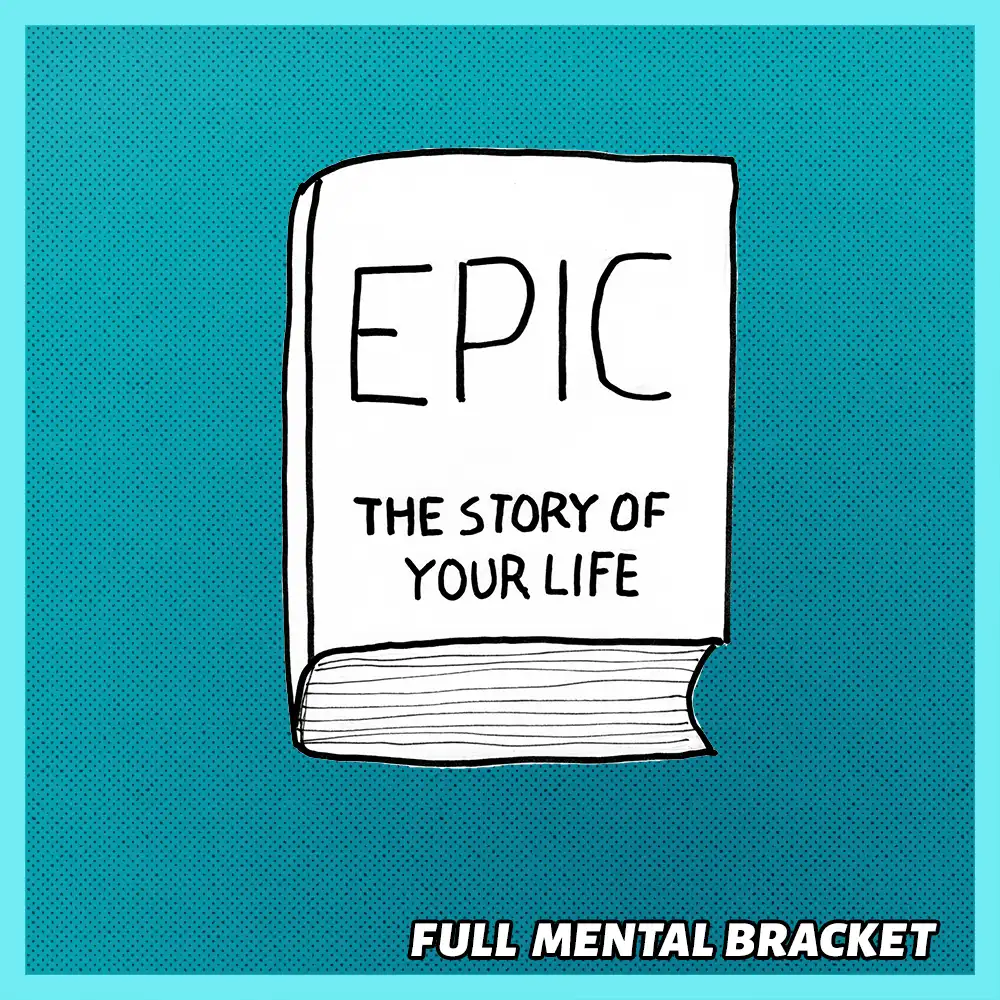
If you find yourself being passive, feeling demotivated by your daily struggles, or even disconnected from other people, stories are often just what it takes to get unstuck and find satisfaction in your life.
The Importance of Storytelling
Have you ever wondered why, despite living in a world filled with advanced technology and endless data, we remain captivated by stories? Why stories resonate in way that pure information can’t compete with?
The answer lies in our very nature. Stories are the native format of the brain; they help us process information, remember experiences, and even connect with others.
Stories as Tools for Connection
Stories create bonds between people. When someone shares a personal narrative, it’s not just about relaying facts; it’s about inviting others into their world. This act of sharing fosters intimacy and validation.
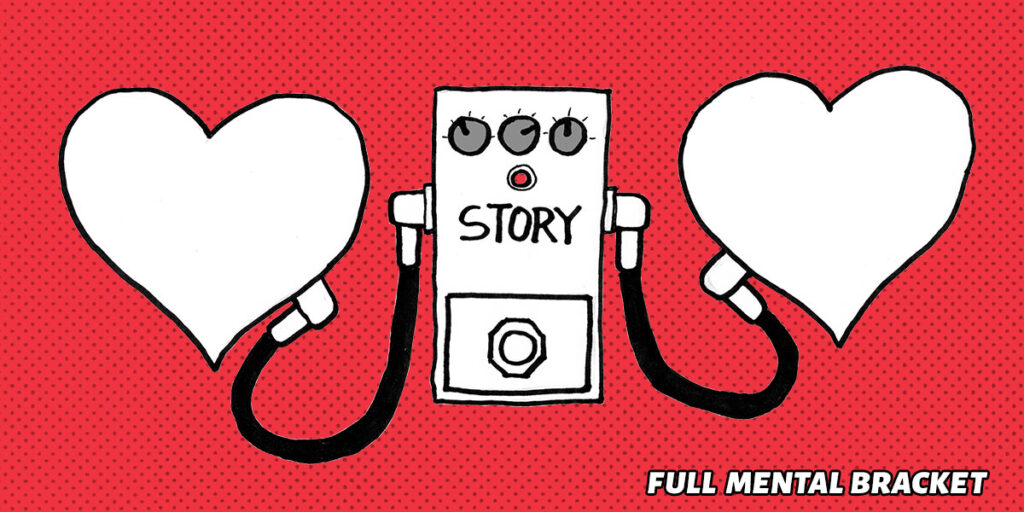
When we share stories, we disclose information in a way that is relatable and engaging, allowing us to build trust and deepen relationships. As listeners, we feel a sense of connection, realizing that we are not alone in our experiences.
In a world where loneliness can often feel overwhelming, stories remind us of our shared humanity.
The Protagonist Mindset
One of the most powerful applications for this tool is becoming the protagonist of your own story. When you see yourself as the main character, you shift from a passive role to an active one. You are no longer a victim of circumstances; instead, you become the one driving the narrative forward.
Taking Control of Your Narrative
In the film The Matrix, we are introduced to Neo, a frustrated cubical-dweller trapped in mundane life. Even before he gets involved in the story, he is already driving action – searching the internet, looking for answers, trying to understand the matrix.
He seeks out the truth, confronts challenges, and ultimately is transformed into a heroic new self. Having a protagonist mindset is crucial. By viewing yourself as the driving character of your story, you empower yourself to take control of your life and make choices that align with your goals and values.
Hear the podcast of this article
Finding Purpose in Daily Life
Seeing your life as an epic story also instills a sense of purpose in your daily existence. Instead of going through the motions—waking up, going to work, and returning home—you begin to recognize the significance of your actions and how they are shaping your story. Each day becomes a new chapter, delivering opportunities for growth and adventure.
The Role of Adversity
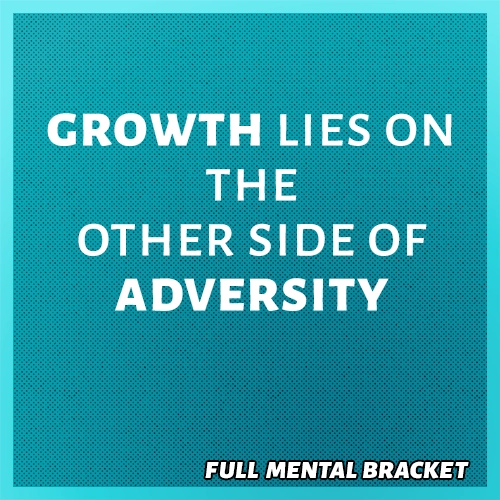
Adversity is an inevitable part of every life and key ingredient in a great story. Challenges and failures are not merely obstacles to be endured, they are essential components of your narrative and drive character development. Just as Neo faces numerous trials, we too must confront our struggles. These experiences shape us, teach us valuable lessons, and ultimately lead to transformation.
Embracing Transformation
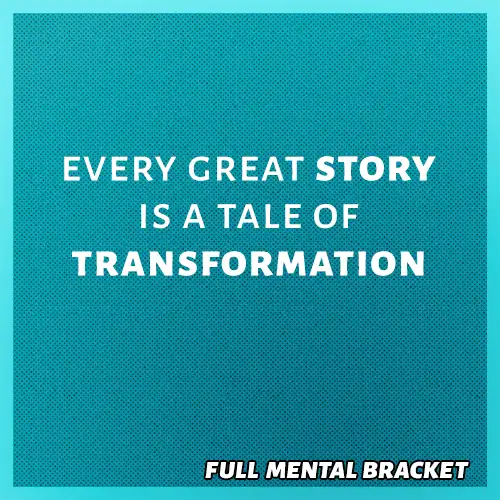
Transformation is a central theme in any compelling story. The difference between the beginning and end of a story often lies in a change of identity by the protagonist. Neo’s journey is not just about overcoming external challenges but also about internal growth. Over the course of the story he evolves from a confused hacker into a warrior and confident leader.
This transformation is not usually easy; it requires facing fears, confronting past traumas, and embracing discomfort.
The Necessity of Struggle
In The Matrix, Neo’s journey is well-stocked with challenges. He encounters numerous obstacles, from failing the jump tests to losing friends. He faces loss, betrayal, and lots of self-doubt. Yet these struggles turn out to be the very catalyst he needs to unlock his true potential.
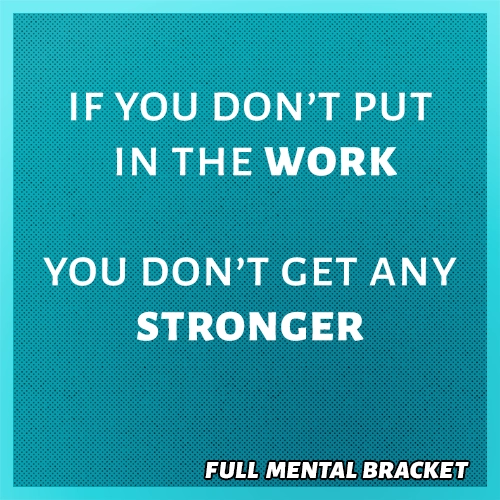
Similarly, in our lives, we must recognize that our hardships are not just setbacks; they are opportunities for growth. Embracing the struggle allows us to upgrade into stronger, more resilient versions of ourselves.
The Try-Fail Cycle
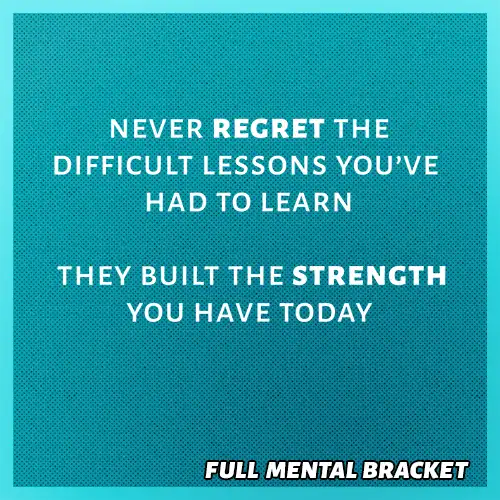
In storytelling characters never succeed on the first try. They face obstacle after obstacle, forcing them learn and develop. They try, they fail, they try again only to partially succeed. They are driven to adapt, improvise and ultimately overcome on the highway of their narrative.
Although they fail. Repeatedly. It is not the end of the story.
Learning from Failure
When we view our experiences through the lens of story, we can reframe our failures as valuable lessons. Each setback provides insight and knowledge that can inform our future actions. Just as Neo learns and gains confidence from his try/fail cycles, we too can grow from our difficult experiences, using them to ultimately move closer to our goals, both external achievements and internal growth.
The Power of Relationships
Another key aspect of storytelling is the importance of relationships. In our lives, we often encounter the archetype of the “lone wolf”—the character who believes they don’t need others and can tackle everything alone.
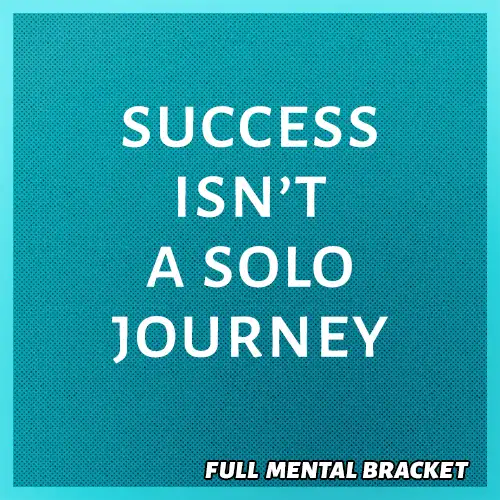
However, true strength lies in community and connection. Although each of us needs to drive our own story we must also keep in mind that we are all protagonists in an interconnected web of stories
Building Your Tribe
In any story finding your tribe is crucial. Surrounding yourself with supportive individuals who share your values and goals will significantly impact your journey.
No one succeeds alone.
These relationships provide encouragement, feedback, and different perspectives that challenge you to improve. They remind you that not only have other faced and overcome similar struggles, but in facing your own struggles you have people at your side, ready to advise and assist.

However, it’s also important to recognize that relationships can be challenging. They require effort, communication, and sometimes difficult conversations. But embracing these challenges can lead to both deeper connections and greater personal growth.
Conclusion: Your Life as an Epic Story
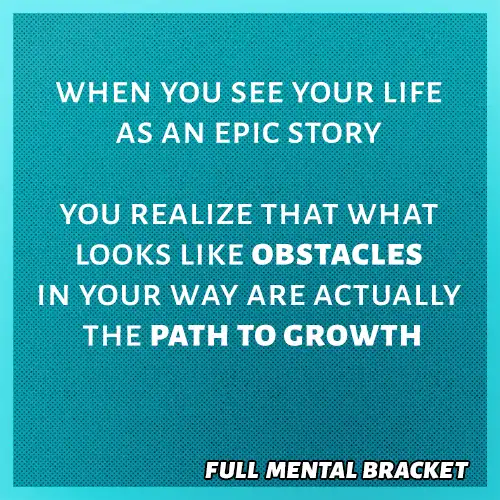
There are so many benefits to viewing your life as an epic story. This perspective empowers you to take control of your narrative, find purpose in your daily actions, and embrace the struggles that come your way. By recognizing yourself as a protagonist living out a grand narrative, you can navigate challenges with resilience and determination.
So, the next time you face adversity or feel stuck in your routine, remind yourself that you are the hero of this story. Embrace the journey, learn from your experiences, and continue to live out your narrative with intention and purpose. Your life is an epic tale waiting to unfold—make it a story worth telling.
Read Next
You’ve seen how powerful it can be to frame your life as an epic story—but what if you had a guide to help you step into the role of the hero?
In our Storyframing series we break down The Hero’s Journey and show you exactly how to apply it to your own life. From answering the call to adventure to overcoming obstacles and claiming your transformation, this is your chance to step fully into your own legend.
Don’t just read about the hero’s journey—live it.
✅ How to Embrace the Hero’s Journey & Become the Hero of Your Own Life
✅ Leaving Comfort to Undertake the Quest: The Hero’s Journey to Growth
✅ Finding Your Tribe: Why Allies Are Essential in Your Hero’s Journey
✅ Embracing the Struggle: How to Overcome Life’s Challenges and Grow
✅ Unlocking Personal Transformation: Your Epic Journey to Growth
✅ How to Build a Legacy: A Hero’s Journey of Self-Discovery
Start writing the next chapter of your extraordinary story today.
